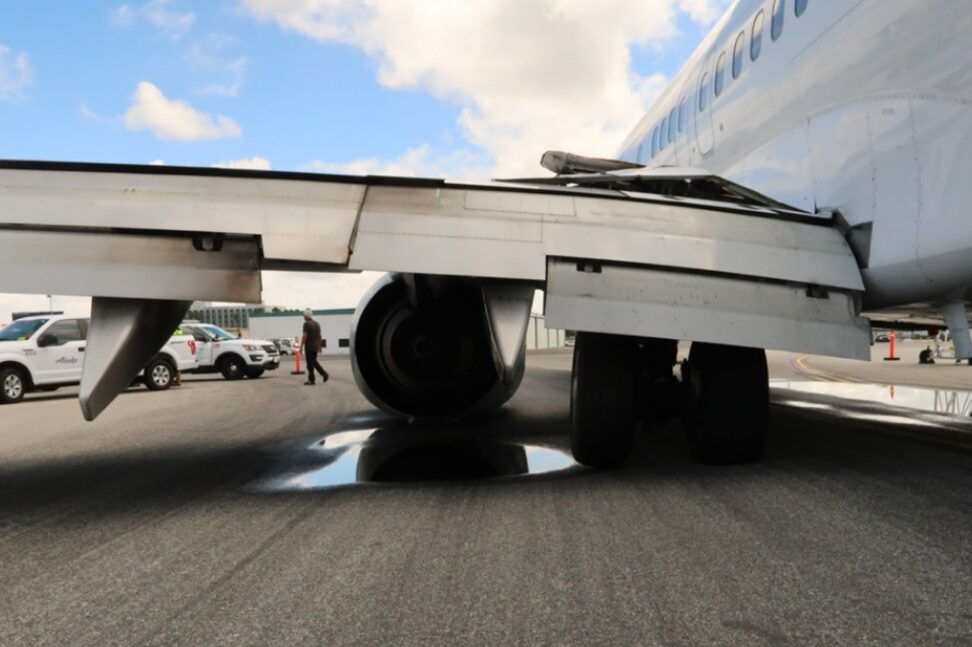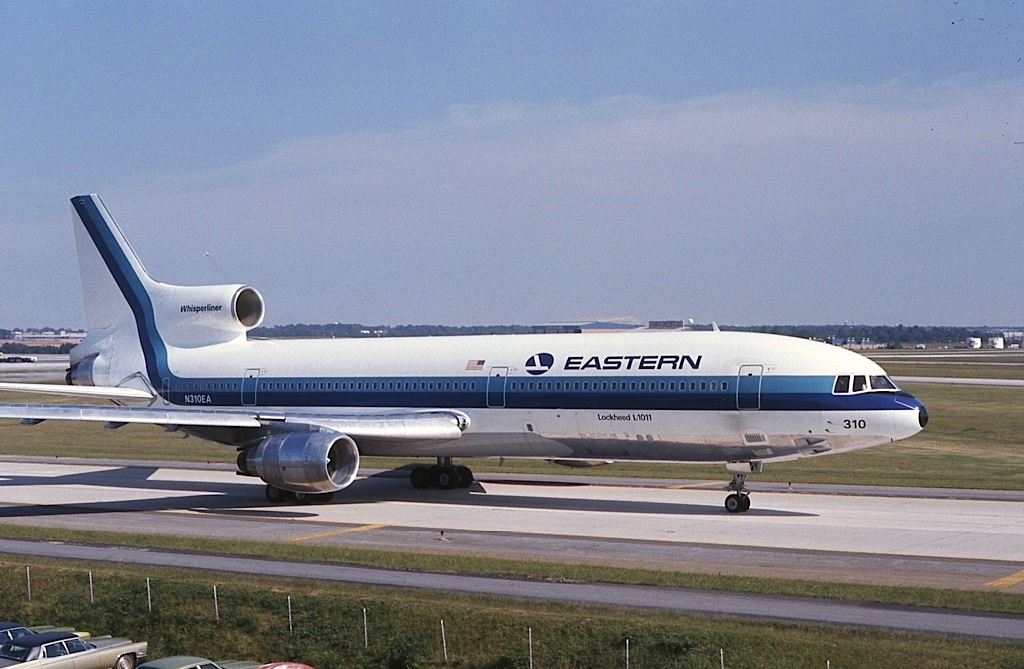I guess I really hit a nerve with one member and one can observe this across multiple threads.
We have differences of opinion and reach different conclusions as to cause.
This should not be an issue since this is a forum dedicated to the free exchange of observations and thoughts.
I don't think I've been arrogant and I am always willing to admit to my own errors, but there can be no errors in opinion, only in matters of fact.
On that point, we must disagree as well.
Many people have opinions that are unsupported, based on superficial analysis, or are just plain wrong. Not saying that’s you, but in this thread, there are many posts that are flat out wrong. Opinion?
Sure, they’re opinion, but just like our friend who expressed his opinion that the SR-71 flew at over 300,000 feet, and that rockets don’t fly horizontal to get to space, some of the opinions are wrong. Just plain wrong.
So, on the matter of Eastern 401 - the L-1011 that crashed into the Everglades - it was a classic example of human error. While focused on the gear indicator - the autopilot was bumped off, and everyone was so focused on the gear, that nobody noticed, and they flew a perfectly good airplane into the ground.
No SOP fixed that. You’re only partly right that it was fixed by CRM. CRM began in earnest after United 173, in 1978, a very similar case of human error. So focused on the landing gear, that they ran out of fuel. In both cases, while troubleshooting a landing gear indication, a perfectly good airplane crashed.
You’re reducing the entire discipline of CRM into a simple SOP of “everybody should be doing something” but that is like saying surgery is “cutting, then sewing” when really important bit is what to cut, how to cut, and why you cut. I wish I had more time, but to learn what CRM entails takes days, and can’t be reduced to a post.
CRM is a change in how crews interact. It’s a discipline, not just a practice, It’s about leadership, prioritization, and task management. It started at United, and is industry accepted. It includes threat and error management. Identification of threats, applying mitigation strategies, recognizing and repairing errors, recovering an airplane from an undesired state.
SOP is how you perform a task. Simple. Limited in scope.
CRM is a great deal more.

en.wikipedia.org

en.wikipedia.org






